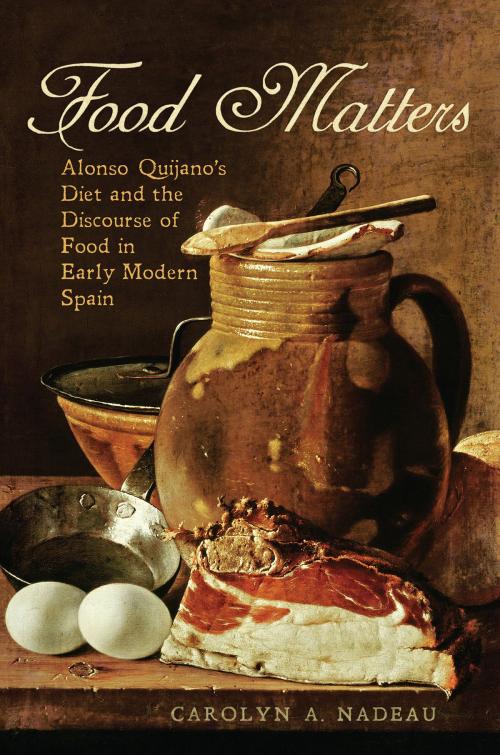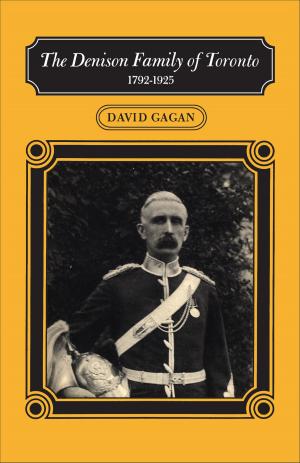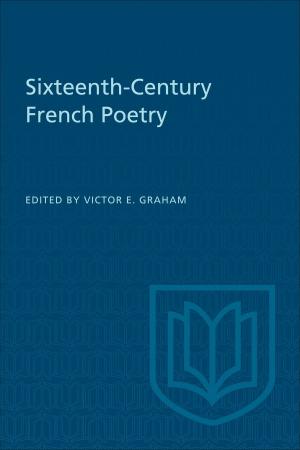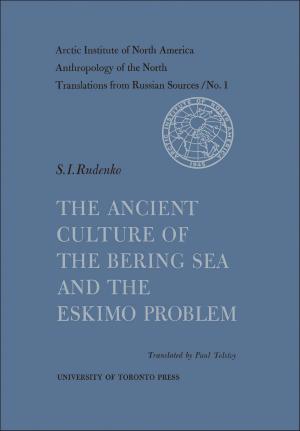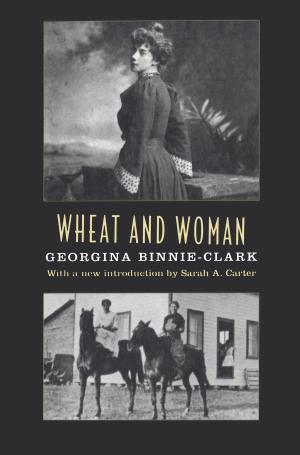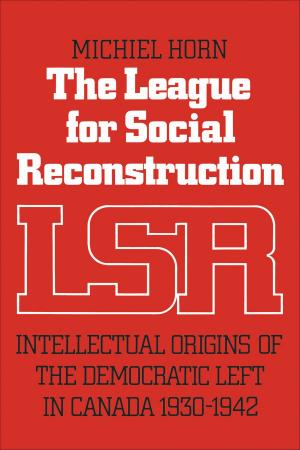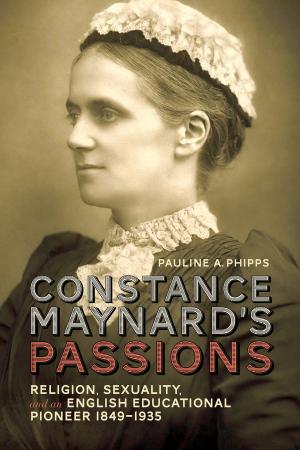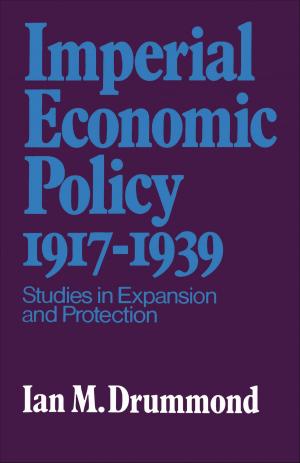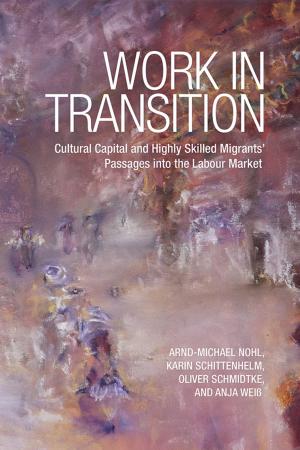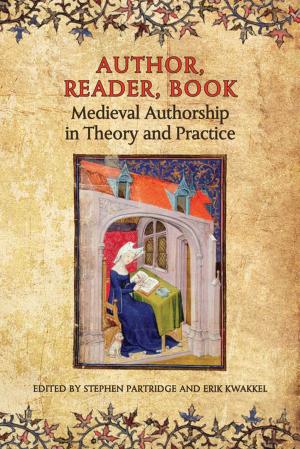Food Matters
Alonso Quijano's Diet and the Discourse of Food in Early Modern Spain
Fiction & Literature, Literary Theory & Criticism, European, Spanish & Portuguese, Nonfiction, History, Spain & Portugal, Food & Drink, Food Writing| Author: | Carolyn A. Nadeau | ISBN: | 9781442624979 |
| Publisher: | University of Toronto Press, Scholarly Publishing Division | Publication: | April 6, 2016 |
| Imprint: | Language: | English |
| Author: | Carolyn A. Nadeau |
| ISBN: | 9781442624979 |
| Publisher: | University of Toronto Press, Scholarly Publishing Division |
| Publication: | April 6, 2016 |
| Imprint: | |
| Language: | English |
In the second sentence of Don Quixote, Cervantes describes the diet of the protagonist, Alonso Quijano: “A stew made of more beef than mutton, cold salad on most nights, abstinence eggs on Saturdays, lentils on Fridays, and an additional squab on Sundays.”
Through an inventive and original engagement with this text, Carolyn A. Nadeau explores the shifts in Spain’s cultural and gastronomic history. Using cooking manuals, novels, poems, dietary treatises, and other texts, she brings to light the figurative significance of foodstuffs and culinary practices in early modern Spain. Drawing on the work of Pierre Bourdieu and Stephen Mennell, Food Matters reveals patterns of interdependence as observed, for example, in how Muslim and Jewish aversion to pork fired Spain’s passion for ham, what happened when New World foodstuffs entered into Old World kitchens, and how food and sexual urges that so often came together, regardless of class, ethnicity, or gender, construct moments of communal celebration.
This mouth-watering tour of the discourses of food in early modern Spain is complemented by an appendix that features forty-seven recipes drawn from contemporary sources.
In the second sentence of Don Quixote, Cervantes describes the diet of the protagonist, Alonso Quijano: “A stew made of more beef than mutton, cold salad on most nights, abstinence eggs on Saturdays, lentils on Fridays, and an additional squab on Sundays.”
Through an inventive and original engagement with this text, Carolyn A. Nadeau explores the shifts in Spain’s cultural and gastronomic history. Using cooking manuals, novels, poems, dietary treatises, and other texts, she brings to light the figurative significance of foodstuffs and culinary practices in early modern Spain. Drawing on the work of Pierre Bourdieu and Stephen Mennell, Food Matters reveals patterns of interdependence as observed, for example, in how Muslim and Jewish aversion to pork fired Spain’s passion for ham, what happened when New World foodstuffs entered into Old World kitchens, and how food and sexual urges that so often came together, regardless of class, ethnicity, or gender, construct moments of communal celebration.
This mouth-watering tour of the discourses of food in early modern Spain is complemented by an appendix that features forty-seven recipes drawn from contemporary sources.
